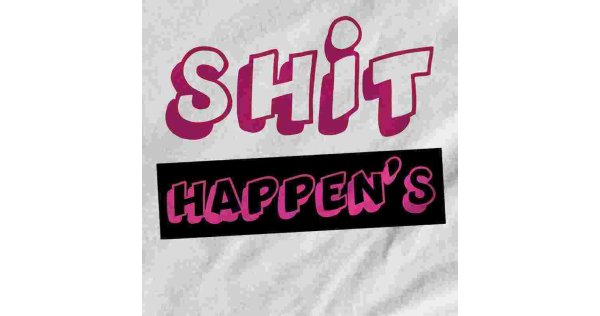OpenAI CEO Sam Altman's decade-long quest to understand the impact of unconditional cash transfers on recipients and the economy yielded significant findings on Monday. OpenResearch, an Altman-funded research lab, conducted a three-year study where they provided $1,000 per month to some of the poorest Americans with no strings attached. The results provided valuable insights into how this additional income was utilized and its overall impact on their lives.
The study participants, comprising 1,000 individuals aged 21 to 40 from low-income households in Illinois and Texas, received a substantial income boost of $36,000 over three years. The money was primarily spent on essential needs such as food, housing, and transportation. However, the researchers concluded that this additional income did not significantly enhance their physical well-being or lead to long-term financial stability.
One notable aspect of the study was the increase in giving among recipients. On average, they gave $22 more per month to others, helping relatives in need or sharing gifts with friends. The recipients also prioritized healthcare, improved their diets, and considered entrepreneurial ventures. By the third year, Black recipients and women were more likely to report starting or assisting in starting a business.
While the cash transfers had a positive impact on spending and leisure, they did not substantially improve the recipients' long-term financial health. Participants took on more debt, primarily in the form of car loans and mortgages, which led to a decrease in their net worth. Additionally, there was little change in their credit access, and no significant impact on measures of physical health.
The studies' authors emphasize the value of time demonstrated by the recipients' choices. They suggest that policymakers consider the importance individuals placed on having more time away from work. While critics of assistance programs may express concerns about work disincentives and reliance on support, the study highlights the complex trade-offs individuals make when provided with unconditional cash.
In conclusion, while the cash transfers did not provide a panacea for addressing income inequality or the challenges posed by automation, they did offer valuable insights into how individuals allocate resources and the importance they place on time and financial flexibility. The adage, "Money can buy time," finds resonance in the findings of the OpenResearch study.
Here's What Happens When You Give People Free Money
OpenResearch released the first results of the most comprehensive study on giving unrestricted cash grants to impoverished Americans. Researchers say it will flame both sides of the debate over welfare.


